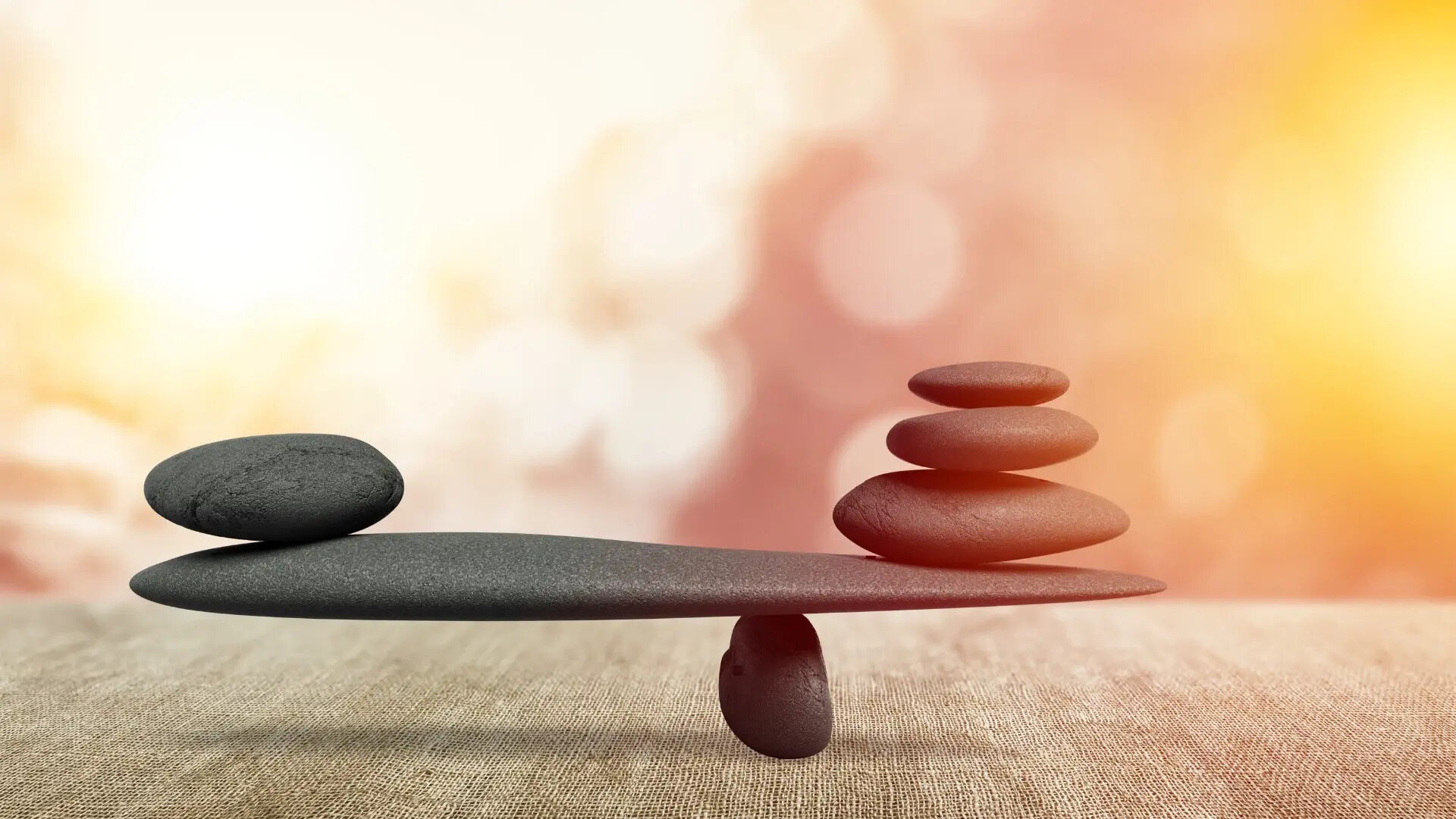
Balance is crucial for our daily lives, from walking to standing still. It’s something we often take for granted, yet it plays a vital role in everything we do. But what exactly is balance? In simple terms, it’s the ability to maintain your center of gravity over your base of support. This involves a complex interaction between your brain, muscles, and inner ear. Without balance, even the simplest tasks become challenging. Ever wondered why you can stand on one leg or walk a straight line? That’s balance at work. Understanding balance can help improve your coordination, prevent falls, and enhance athletic performance. Ready to learn some intriguing facts about balance? Let’s dive in!
What is Balance?
Balance is the ability to maintain a controlled body position during task performance, whether it’s walking, standing, or performing complex movements. It’s essential for daily activities and overall health.
-
Balance relies on the coordination of three main systems: the vestibular system (inner ear), the visual system (eyes), and the proprioceptive system (muscles and joints).
-
The inner ear contains structures called the semicircular canals, which detect rotational movements, and the otolith organs, which detect linear accelerations.
-
Vision provides critical information about the environment, helping to maintain orientation and stability.
-
Proprioception involves sensory receptors in muscles and joints that provide feedback about body position and movement.
Importance of Balance
Maintaining good balance is crucial for preventing falls and injuries, especially as people age. It also enhances athletic performance and overall physical fitness.
-
Poor balance can lead to falls, which are a leading cause of injury among older adults.
-
Balance training can improve coordination, strength, and stability, reducing the risk of falls.
-
Athletes often engage in balance exercises to enhance their performance in sports that require agility and precision.
-
Good balance contributes to better posture, reducing the risk of back pain and other musculoskeletal issues.
Factors Affecting Balance
Several factors can influence an individual's balance, including age, health conditions, and lifestyle choices.
-
Aging naturally affects balance due to the decline in muscle strength, joint flexibility, and sensory functions.
-
Health conditions such as Parkinson’s disease, multiple sclerosis, and stroke can impair balance.
-
Medications that cause dizziness or drowsiness can negatively impact balance.
-
Lifestyle choices like regular exercise, a healthy diet, and avoiding excessive alcohol can improve balance.
Balance Exercises
Incorporating balance exercises into your routine can help maintain and improve this vital skill.
-
Standing on one leg is a simple yet effective exercise to improve balance.
-
Tai Chi, a form of martial arts, is known for its slow, controlled movements that enhance balance and coordination.
-
Yoga poses like the tree pose and warrior pose are excellent for building balance and stability.
-
Using balance boards or stability balls can add an extra challenge to your workouts, engaging core muscles and improving balance.
Fun Facts About Balance
Balance isn’t just about staying upright; it’s a fascinating aspect of human physiology with some surprising facts.
-
Babies are born with a natural sense of balance, which they develop further as they grow and learn to walk.
-
Animals have unique ways of maintaining balance; for example, cats use their tails for stability.
-
Astronauts experience changes in their balance system due to the lack of gravity in space, often requiring readjustment upon returning to Earth.
-
Dancers and gymnasts often have exceptional balance due to their rigorous training and practice.
-
Balance can be affected by emotions; stress and anxiety can disrupt the body’s equilibrium.
-
Virtual reality technology is being used to study and improve balance, offering new insights and training methods.
The Final Balance
Balance isn't just about standing on one foot. It's a crucial part of our daily lives, from walking to sports to even sitting at a desk. Understanding how balance works can help improve coordination, prevent injuries, and enhance overall well-being. Whether it's the role of the inner ear, the importance of core muscles, or the surprising ways animals maintain balance, these facts highlight how intricate and vital balance truly is. Next time you catch yourself from tripping or marvel at a gymnast's poise, remember the fascinating science behind it. Balance is more than a physical skill; it's a testament to the body's incredible ability to adapt and thrive. Keep these facts in mind, and you'll appreciate the everyday miracle of staying upright just a little bit more.
Was this page helpful?
Our commitment to delivering trustworthy and engaging content is at the heart of what we do. Each fact on our site is contributed by real users like you, bringing a wealth of diverse insights and information. To ensure the highest standards of accuracy and reliability, our dedicated editors meticulously review each submission. This process guarantees that the facts we share are not only fascinating but also credible. Trust in our commitment to quality and authenticity as you explore and learn with us.


